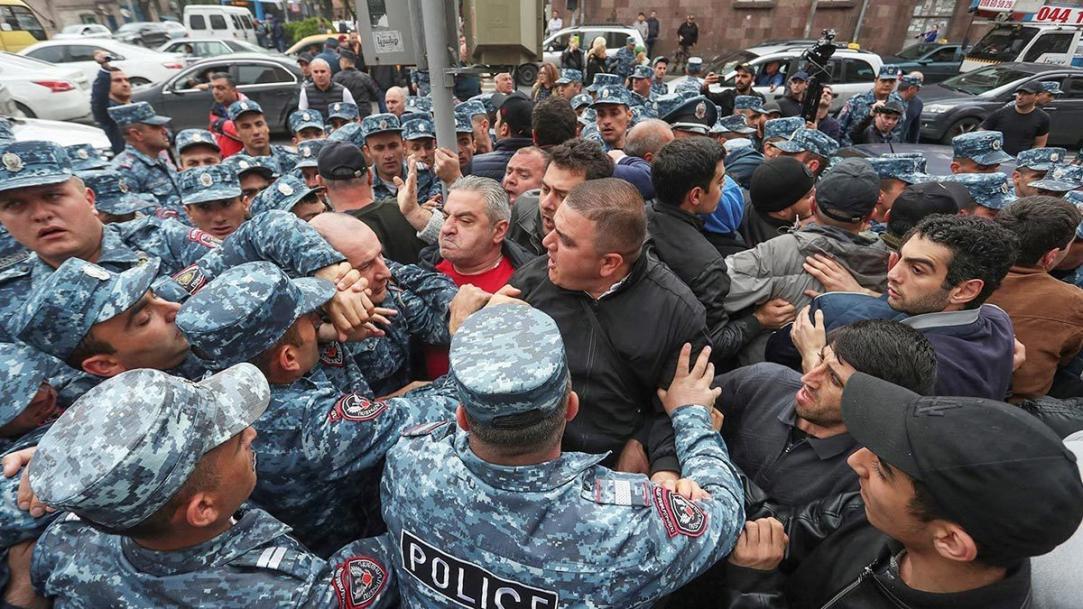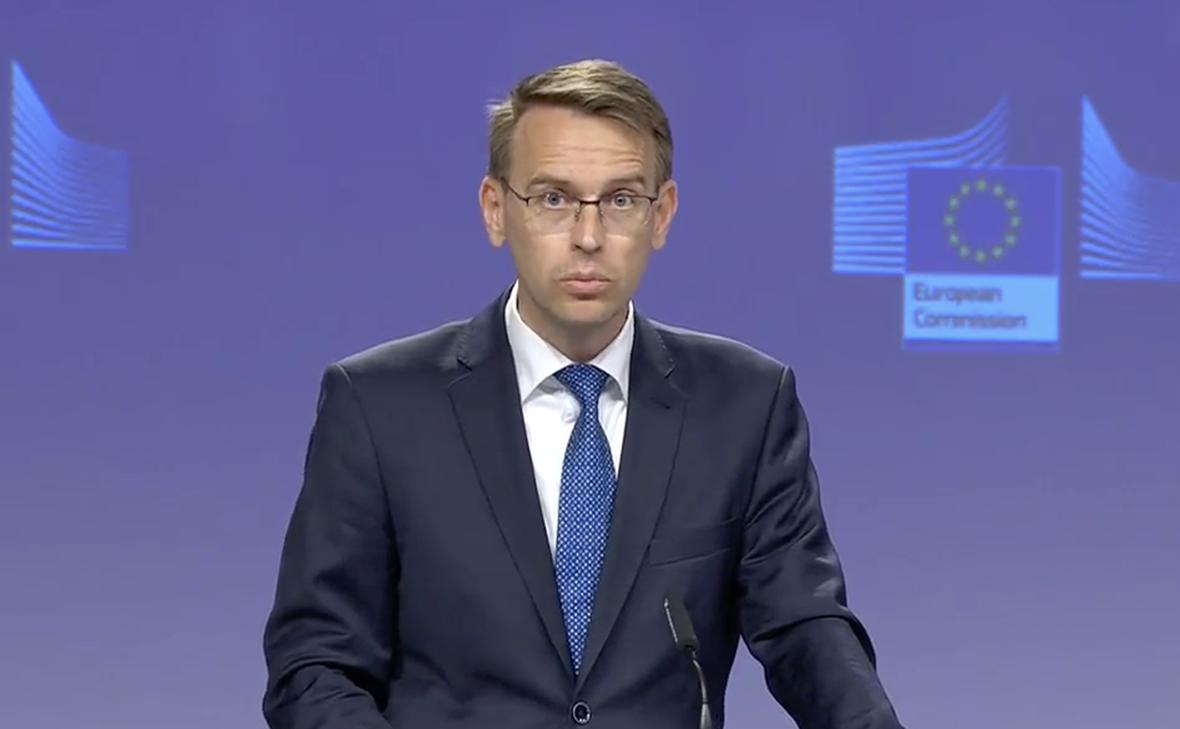Armenia's in-fighting and power struggles hinder constitutional reform Baku watches patiently
On August 12, 2024, the "Tavush for the Homeland" movement organized a youth march in Yerevan, according to Armenian news sources. The participants rallied with the movement's slogan: "Armenian, Armenia, Homeland, and God." This movement, active since May, has been staging protests across Armenia, demanding a return to pre-defeat conditions and calling for the resignation of Prime Minister Nikol Pashinyan.
The movement is widely believed to be backed by the former Armenian authorities, known as the "Karabakh clan," who have been adversely affected by the Pashinyan government's policies, including financial restrictions and upcoming property redistributions. This redistribution is causing significant discomfort among those losing their assets.
The organizers of the march remain largely behind the scenes, but their strategy is evident: leveraging the enthusiasm of youth. The editorial team believes that the youth wing of this movement, along with other factions, is supported by the Armenian Diaspora and foreign entities. Youth are often used as a strategic tool in political manoeuvres. Given the high-energy rhetoric of leaders like Bagrat Srbasan — who has called Pashinyan's supporters "encouraged by the antichrist" — there is a real possibility that these young protesters might escalate their actions, potentially storming the Prime Minister’s residence or Parliament, especially considering previous instances of such behaviour.
In the current climate of civil unrest in Armenia, the situation is, in principle, advantageous for us. The more resources they divert towards internal conflicts and disputes, the fewer they have available for potential provocations against Azerbaijan. For now, the best strategy is to observe and let them expend their energy on domestic squabbles.

However, this is only a temporary position. Depending on how the situation evolves, we might consider supporting one side in this conflict. Don’t be surprised if this assistance comes indirectly, through intermediaries or a "third party." The aim would be to support the weaker side, as their spending on escalation will prevent them from growing stronger, while the stronger side will be weakened, ultimately benefiting us. That’s the essence of dialectics.
However, I must stress that any potential actions are a matter for the future and won’t be immediate, though it’s important to recognize how quickly the world changes — no one can predict what tomorrow will bring. Hence, it’s crucial to continually monitor developments in Armenia and public sentiment, as well as to assess how these factors might influence each other. We should aim to shape reality rather than merely react to it.
At the same time, Armenian MP Tigran Abrahamyan has articulated his own perspective on the situation. I find some merit in his views, and here’s a direct quote from his statement, which I believe is worth noting: “The government propaganda relies on selective logic, aiming to convince people of a false peace. The focus is on downplaying the importance of elections, whether regular or extraordinary. Despite the Civil Contract’s aggressive propaganda, the real strategy is to create a façade of peace. The authorities will bluff, act covertly, and deceive the public, placing this falsehood in the minds of some. True peace will never be achieved under the current leadership.”
While elections — whether regular or extraordinary — are purely Armenia’s internal affairs, we closely monitor the situation. Mr. Abrahamyan sometimes offers insightful and reasonable points, though the editorial board views his commentary as somewhat inconsistent, showing understanding in some areas while lacking in others.
The prospect of a peace treaty between Azerbaijan and Armenia is not solely determined by the Armenian authorities. Instead, it hinges on amendments to the Armenian Constitution. Specifically, Armenia needs to eliminate any territorial claims against neighbouring states from its fundamental laws and introduce criminal penalties for advocating the secession of neighbouring territories.
Our stance is clear: we prioritize constitutional reform over political power-sharing. Regardless of who holds power in Armenia — be it a figure like Gandhi or Himmler — the key is to ensure that the new leadership does not act against our interests. Focusing on constitutional changes now will pave the way for future political arrangements once the legal framework is in place.

And here's, in my opinion, the most amusing part: On August 9, European Commission spokesperson for foreign affairs and security policy, Peter Stano, made a rather curious statement. He asserted that "the negotiations between Armenia and the EU have nothing to do with potential membership candidacy," and then, with a rather cynical twist, added that "these negotiations are entirely separate from any potential membership bid, as they are based on existing, ongoing relationships."
I find this explanation so ludicrous that I barely have the words to comment on it. To be honest, this declaration is far more entertaining than the youth march and certainly stands out as a more memorable piece of political theatre.








